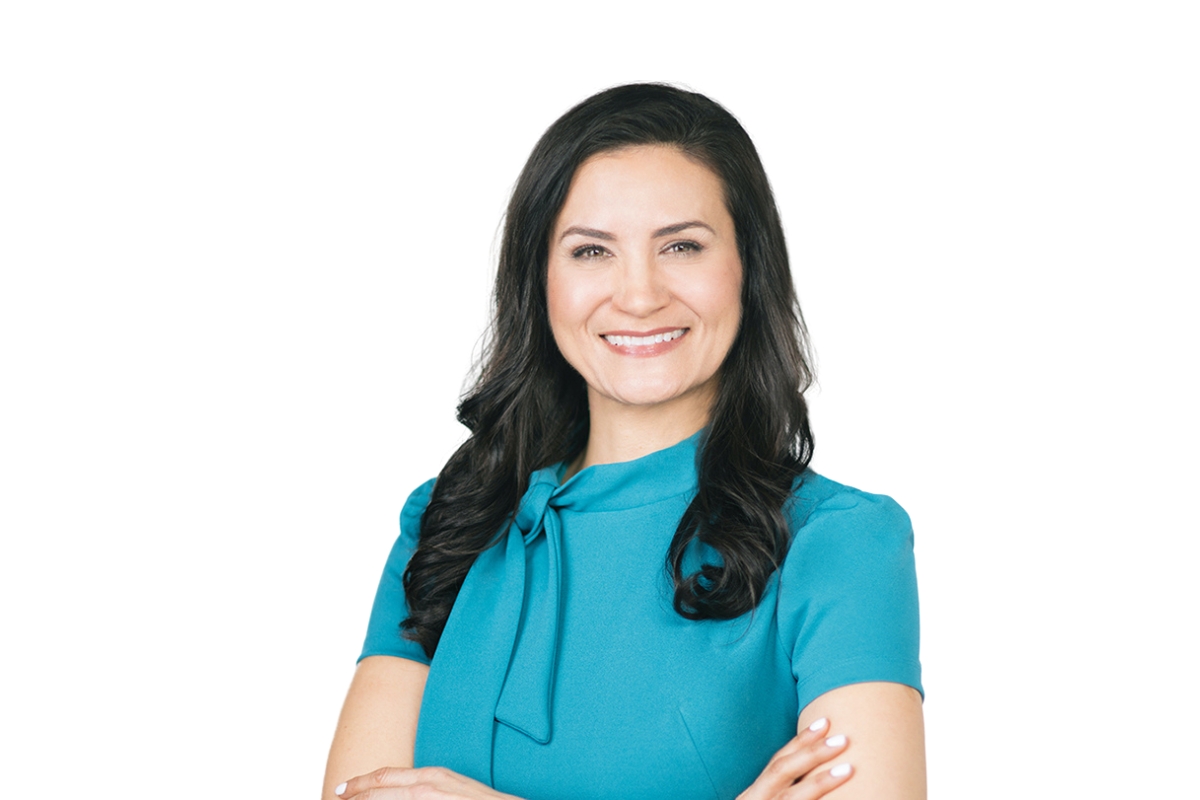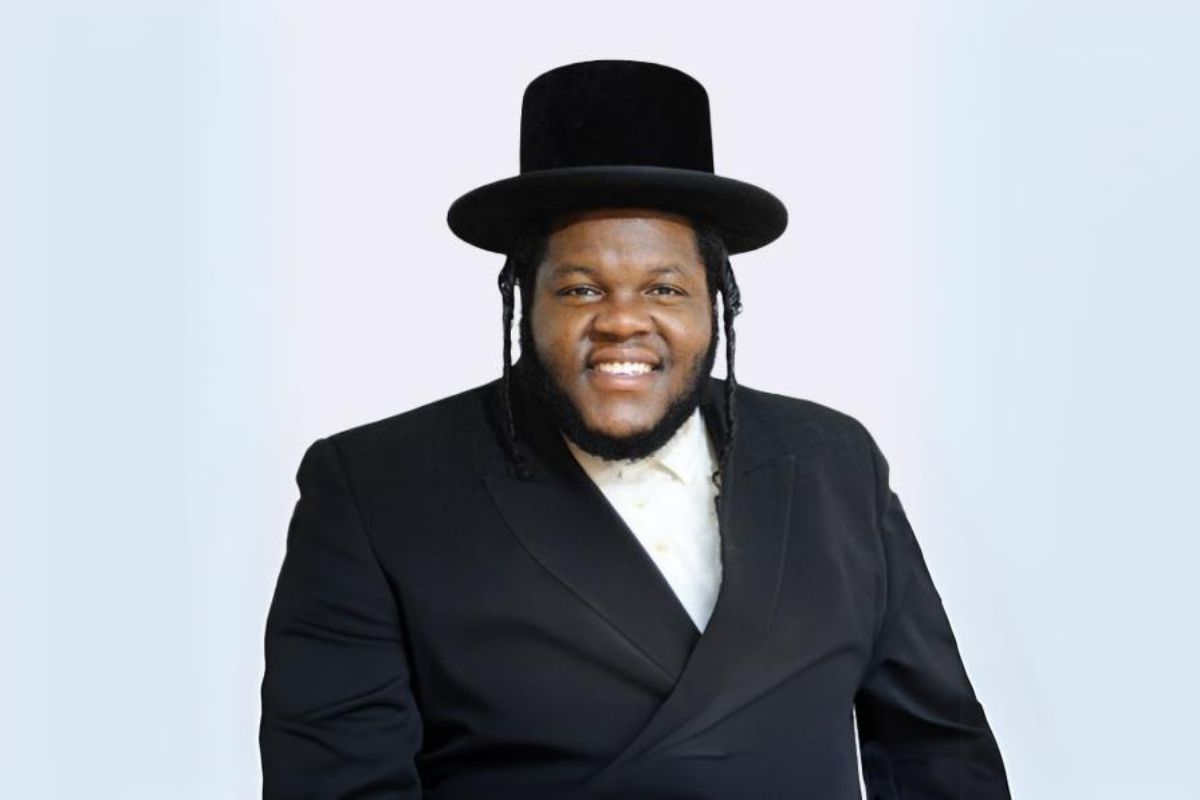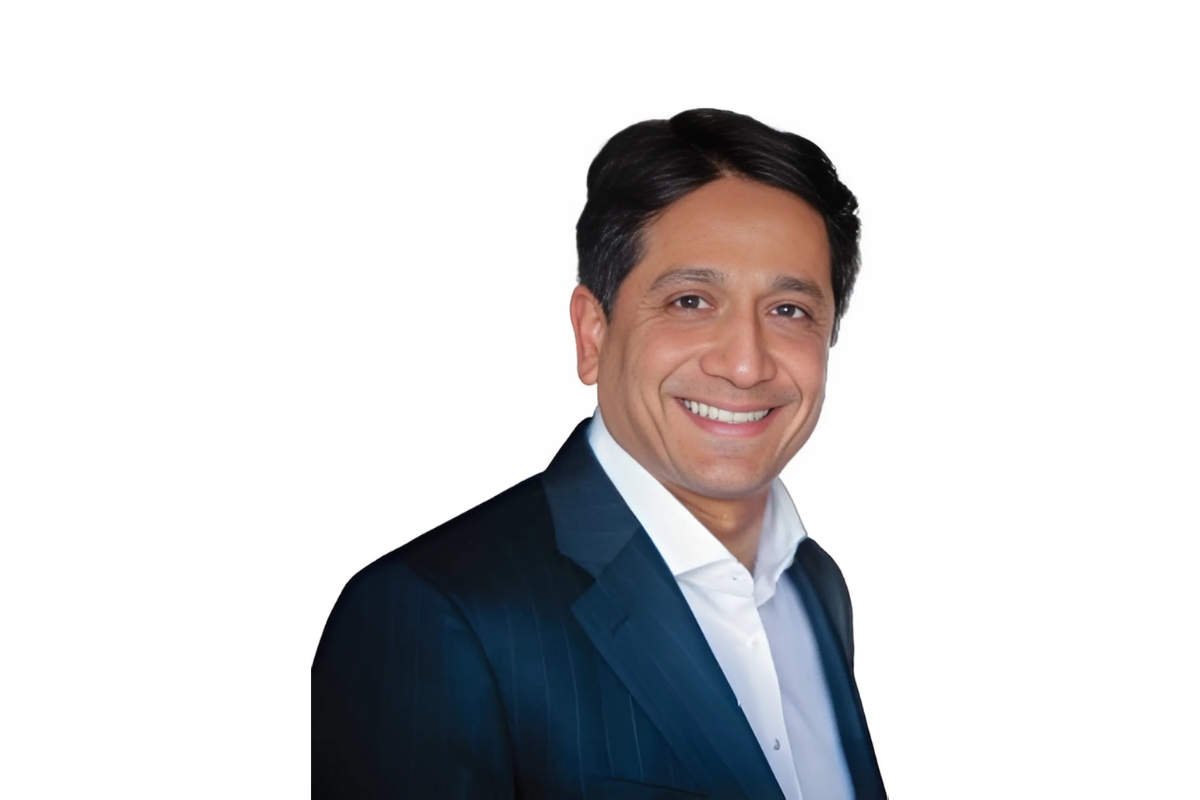“Keep going, no matter what.” This motto is Reginald F. Lewis’s own advice, and it helped propel him to become the richest African-American man of the 1980s. From a middle-class upbringing, Lewis landed on Forbes magazine’s 400 Richest Americans list in 1992 with an estimated net worth of $400 million.
Born in 1942 in East Baltimore, Maryland, Lewis grew up with strong family ties and learned many valuable and long-lasting lessons from them. His grandmother taught him a lesson in frugality by peeling strips from the bottom of a tin can and nailing them to the closet floor, to protect his savings.
Lewis’s business savvy showed at a young age when, at 10 years old, he set up a delivery route in his neighbourhood for African-American newspapers. Not only was he able to build it to over a hundred customers, he was able to sell it in a few years at a profit.
In high school, Lewis demonstrated the potential for a completely different life path. He was quarterback of the football team, a shortstop in varsity baseball, and played forward in basketball – while being captain of all three teams. However, he didn’t neglect his scholarly responsibilities and was also elected vice-president of the student body. He earned a football scholarship with Virginia State University, but an injury cut his athletic aspirations short. Focusing his attention on school, Lewis graduated on the Dean’s List in his senior year.
In 1965, Lewis entered a Harvard Law School summer program for select black students. He impressed the faculty and staff to such a degree that he was invited to attend the prestigious university, becoming the first and only person in 148 years to be admitted before applying. it wouldn’t be his last ground-breaking accomplishment.
Upon graduating, Lewis was recruited by a top New York law firm, only to leave two years later to start Wall Street’s first African-American law firm, Lewis and Clarkson. The new firm focused on corporate law and capital business, helping stimulate business for minority-owned companies such as Aetna, Equitable Life, and General Foods. His partner, Charles Clarkson, believed in Lewis’ ambition and potential. “He always had the drive and attitude that nothing could stop him from getting what he wanted,” Clarkson told the New York Times. “And more and more, Reg wanted to establish a vehicle for doing business ventures.”
In 1983, Lewis did just that, establishing TLC Group with Lewis and Clarkson serving as legal counsel. Similar to his childhood delivery route, Lewis (through TLC Group) purchased McCall Pattern Company for $22.5 million, increased its profits, and then sold it in 1987 for $65 million.
Lewis quickly followed up the major financial success with yet another, bigger, coup. He secured the purchase of Beatrice Foods for $985 million, beating out big-name competitors like Nestlé and others. By 1992, Beatrice had become the first black-owned business to generate more than a billion dollars in annual sales – $1.8 billion, to be exact.
Despite passing away at 50, Lewis’s legacy remains in several forms. The Reginald F. Lewis Museum of Maryland African-American History & Culture is the largest black museum on the US East Coast. Other institutions that carry his name include The RFL College of Business at Virginia State University, The Lewis College in the Philippines, RFL High School in Baltimore, and Harvard’s RFL International Law Center. Lewis’s ability to break down barriers and blaze trails is evident in his life story, and detailed in his aptly-titled biography, Why Should White Guys Have All the Fun?: How Reginald Lewis Created a Billion-Dollar Business Empire.
Alex Correa | Staff Writer




















